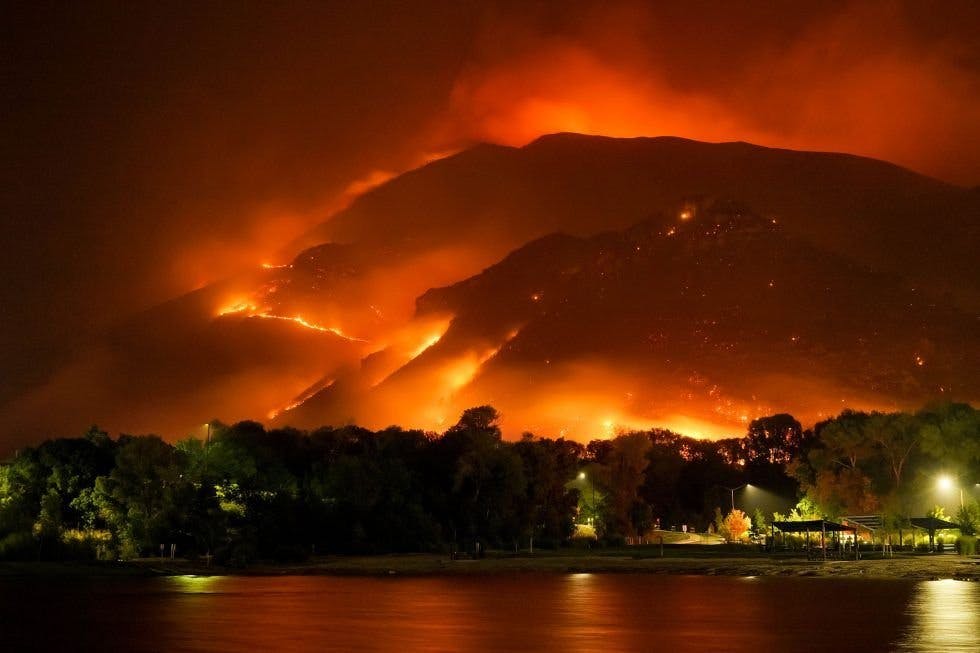Nnimmo Bassey

Climate Change · Energy Transition

Nnimmo Bassey
Countries that have been on the receiving end of climate change have to carefully examine the narratives driving the conversations and negotiations at the Conference of Parties (COP) of the United Nations Framework Convention on Climate Change (UNFCCC). This is important because for years the debates have regressed from demanding real actions to defending lifestyles and dominant geopolitical power positions. Although the COP is presented as a democratic space it has always been clear that it is actually a space for imperial and indeed colonial domination.


Nnimmo Bassey
Climate Change
Climate change is a result of human activities with reference to production, movement, and consumption of goods. A whole lot of these goods are products of transformation of natural resources, not to meet the basic needs of humans but to aid the drive for dispossession, accumulation, power, and despoliation. Climate change is the outcome of fractured socioeconomic systems. If this is accepted, it should be expected that it is within human capacity to act in ways that would stem the tide, mitigate the impacts, and build resilience. Rather than do this, we are seeing a rise of arguments claiming that market forces can solve the climate polycrisis. Market environmentalism cannot solve problems created by the failure of markets.
Recent publications
Nnimmo Bassey

Climate Change · Energy Transition
Readers also like

illuminem briefings
Carbon

Purva Jain
Energy Transition

Christopher Caldwell
Ethical Governance

Gokul Shekar
Effects

Diego Balverde
Effects

Michael Wright
Agriculture

Vincent Ruinet
Power Grid

Charlene Norman
Sustainable Business

Simon Heppner
Effects

Yury Erofeev
Food

David Carlin
Climate Change

illuminem
Climate Change

Aniella Niyondiko
Climate Change

Elizabeth Markevitch
Climate Change

Maha Sheikh
Climate Change

Bruno Ferreira
Climate Change

Kristy Drutman
Climate Change

Buğra Avcı
Climate Change

Stutilina Pal
Climate Change

Amar Baatartsogt
Climate Change

Viviane Bondoma
Climate Change

Maggie Bukowa
Climate Change

Fiona Pelham
Climate Change

Constanza Gomez Mont
Climate Change

Ana Lucía Encinas
Climate Change

Gilles Vermot Desroches
Climate Change

Rafael Pástor
Climate Change

Richard Kachungu
Climate Change

Gayathri Vasudevan
Climate Change

Kadiatu A. Sheriff
Climate Change

Errachid Montassir
Climate Change

Marie Claire Cordonier-Segger
Climate Change

Basima Abdulrahman
Climate Change

Ederval Antonio
Climate Change

Ramil Azmammadov
Climate Change

Angela Chaudhuri
Climate Change

Maryam Bello
Climate Change

Sheela Patel
Climate Change

Sellah Bogonko
Climate Change

Nora Cabrera Velasco
Climate Change

Pablo Castellanos Ramelli
Climate Change

Franny Collingham
Climate Change

Annika Degen
Climate Change

Sebastian Groh
Climate Change

Gator Halpern
Climate Change

David Aaron Henry
Climate Change

Reyhan Jamalova
Climate Change

Shelly Kerketta
Climate Change

Michael Kakande
Climate Change

Fany Kiuru
Climate Change

Deepa Lama
Climate Change

Bushe Matis
Climate Change

Nduka Miracle
Climate Change

Khaled Noby Mohamed
Climate Change

Clara Molteni
Climate Change

Zeinaba Narabene
Climate Change

Rudy Ortega, Jr.
Climate Change

Anna Pavan
Climate Change

Ragy Ramadan
Climate Change

Gilberto Ribeiro de Oliveira Filho
Climate Change

Vasco Salvador Cossa
Climate Change

Rajesh Shah
Climate Change

Neal Spackman
Climate Change

Kilino Stojkov
Climate Change

Jessica Nga Tran
Climate Change

Miguel A. Torres
Climate Change

Lynn von Koch-Liebert
Climate Change

Diana Alejandra García Najera
Climate Change

Andrea Gori
Climate Change

Tobias Rossi
Minerals
Alveena Jadoon
Public Governance

Olaoluwa John Adeleke
Human Rights

Kevin Trenberth
Climate Change

Quentin Bordet
illuminemX

Tim Haufe
illuminemX

Francesca Battaglia Trovato
illuminemX
